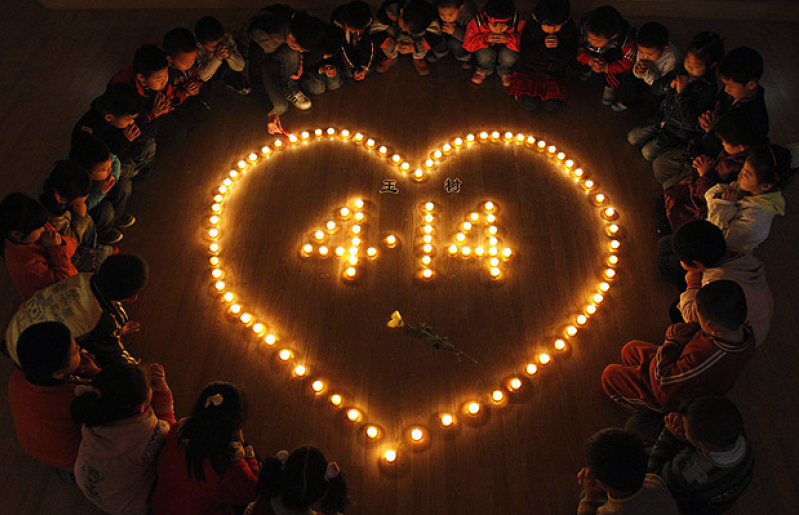
The officially atheist Chinese government on Monday requested religious groups and people of faith help with the rebuilding efforts in a northwest province devastated by a massive earthquake.
In an open letter posted on its official website, China’s State Administration for Religious Affairs asked the religious community to donate towards reconstruction in the Tibetan area of Yushu in Qinghai Province, which was ravaged by a 7.1-magnitude earthquake on April 14.
According to the letter, the religious community has already donated more than 86.9 million yuan, $12.7 million, for the quake-hit area. The religious affairs department hopes religious leaders and individual believers can make further donations.
The letter also expressed appreciation for the prayers and immediate relief efforts carried out by religious organizations.
At least 2,220 people were killed, more than 12,000 were injured, and over 100,000 people were left homeless by the Yushu quake.
Chinese officials said last week that they expect the reconstruction work in Yushu to be completed within three years, according to Xinhua, the state news agency. Most of the funds for the rebuilding effort will come from the central government, but some will come from private donations, said Vice Prime Minister Hui Liangyu on Thursday.
Since April, Christian relief groups have worked to distribute immediate need items, such as food, shelter and clothes to the victims. World Vision, Caritas Internationalis, ACT Alliance, Evangelical Lutheran Church in America and Catholic Relief Services are a few of the international Christian relief ministries that have responded to the earthquake in Qinghai province.
In recent years, China has in general been more receptive to religion in society, despite ongoing problems with religious freedom.
The director-general of the State Administration for Religious Affairs, Ye Xiaowen, acknowledged in 2007 that the number of Chinese religious followers, including Christians, has grown. He also claimed that instead of crushing religions, the Chinese Communist Party will encourage religion to play a positive role “in promoting economic and social development” in the future.
Ye’s remarks came before the Beijing Olympics when the Chinese government was trying to repair its religious freedom and human rights image.
But a recent article in the state-run newspaper China Daily indicates that the government is opening up to religion in the public square. The article published in March details how a 22-year-old student in Beijing converted to Christianity while trying to figure out the meaning of life. Remarkably, the student was reported to be attending a 700-member house church in Beijing.
Since they are not registered with the government, house churches are illegal in China. Citizens are only allowed to worship in religious institutions approved by the bodies established by China’s Religious Affairs Bureau. For Protestant Christians, this means worshiping in churches affiliated with the Three-Self Patriotic Movement and China Christian Council.
Despite China’s visible improvements in religious freedom, human rights groups still regularly report persecution of house church Christians, among other non-registered religious groups. Rights groups say China has a long way to go in its respect for religious freedom.







